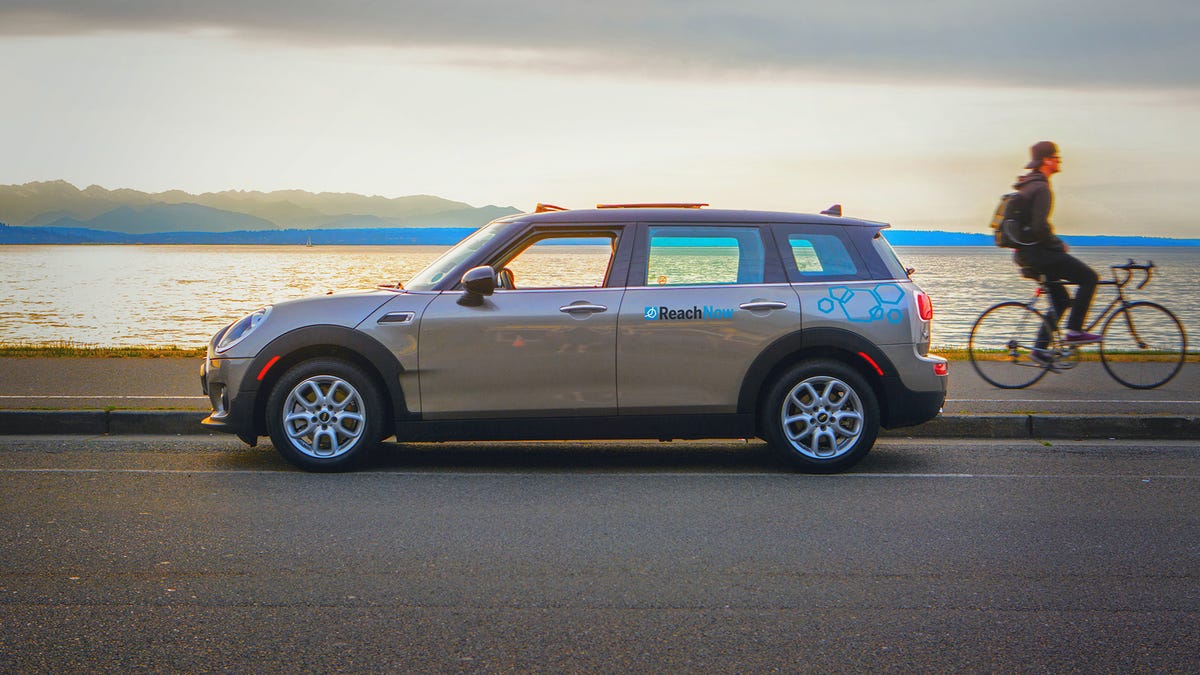BMW, Daimler may soon merge car-sharing efforts
It's part of an alleged pooling that will create some sort of Mobility Voltron.

Right now, BMW and Daimler have two completely separate ride-sharing ventures operating in similar manners. But soon, they could form a sort of Megazord for folks who don't want to buy a personal car.
BMW and Daimler are allegedly in talks to combine the car sharing services Car2Go and DriveNow/ReachNow, Reuters reports, citing a discussion with a senior executive at one of the automakers mentioned. Neither BMW nor Daimler immediately returned a request for comment, but Daimler told Reuters that it was just speculation at this point.
ReachNow offers a variety of BMW Group vehicles, including Mini. Car2Go relies on Daimler vehicles, like Smart and Mercedes-Benz, as you might guess.
The merger is allegedly close to being finalized, and thus publicized. While the two will join forces in the mobility space, the resulting single company will operate independently. BMW and Daimler will still be involved, but as major shareholders and not direct overseers. The merger is also reported to include other assets, like BMW's ParkNow parking app.
While ReachNow and Car2Go may only have a limited foothold in the US, both are doing quite well in Germany. BMW claims it has 1 million users worldwide, nearly all of which are located in Germany. Daimler's doing a bit better, with about 3 million users worldwide.
BMW and Daimler might seem like strange bedfellows, as they are fierce competitors. But they share a common threat -- Uber. The ride-hailing giant has a large user base, so think of this as more of a "the enemy of my enemy is my friend" sort of arrangement.
Then again, this isn't the first time they've worked together. In 2015, the two teamed up with Audi to purchase Here, Nokia's mapping service that would help lay the groundwork for early autonomous-car development. Both automakers also entered into a partnership with Ford and Volkswagen to create Ionity, which is dedicated to building a massive network of EV fast chargers across Europe to bolster fledgling electric infrastructure and make EVs more appealing to the average buyer.

